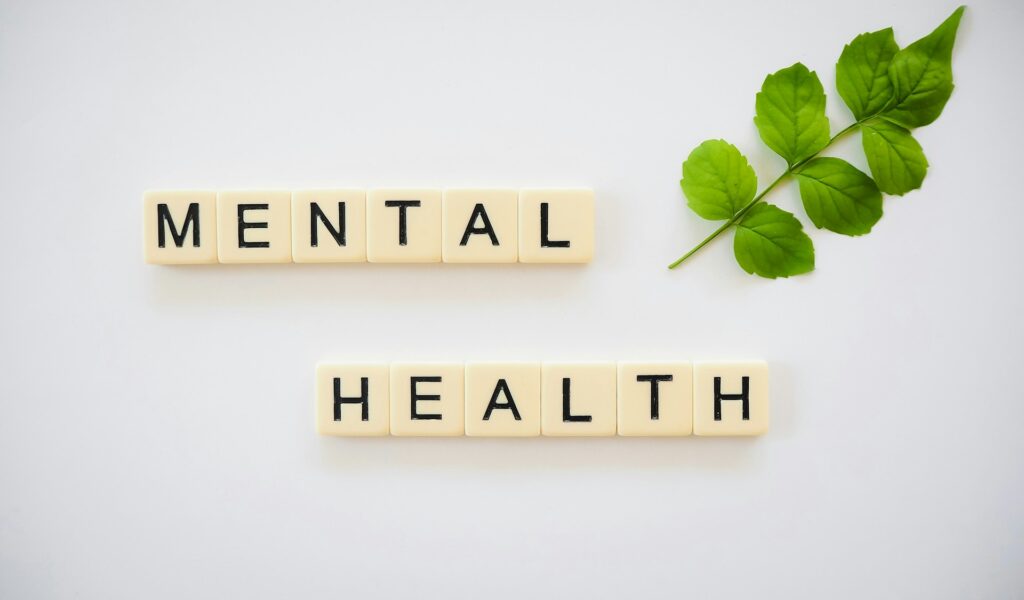Life moves fast, and stress creeps in when routines shift. You want simple steps that help your mind feel steady. Small changes guide your day, and small changes build momentum. This guide offers mental health tips that you can use now. You will see how to start with what you have. You will see how to keep going when time runs short. You will see how to spot small wins that stack up over time.
When you use mental health tips with intention, your daily choices support your mood and your body. This approach works because clear steps lower friction. You move from ideas to action. You move from action to habit. You move from habit to health. Read on to learn tools that fit your schedule, your energy, and your goals.
Small Steps That Build Daily Mental Health Habits
Change sticks when it feels possible. Pick one habit that fits your day, and keep it small. A two minute check-in helps you name a mood. A short walk helps you reset focus. A sip of water helps you pause and breathe. When you choose one step, your brain links the cue and the act. That link makes the habit stable.
Morning sets tone. Try a five breath pause after you wake. Midday keeps pace. Try a short stretch after a task. Evening helps you slow down. Try a screen break one hour before bed. If stress runs high or recovery needs support, reach out for aligned care through Thoroughbred Wellness and Recovery. Simple actions pair with support to guide steady change. These tips for mental health work best when you track them. Use a note or a simple app. Mark what helps. Drop what does not. Keep what serves you.
How To Use Mental Health Tips During Stress
Stress can narrow your view. Your breath can widen it. Use a short box breath set. Inhale four. Hold four. Exhale four. Hold four. Repeat three rounds. Then name the top stressor. Write one sentence that states the fact, not the fear. Pick one step that moves the needle by one notch. If worry spikes or you feel stuck. Blend breathing, naming, and one small step. That plan helps you act with care even when tension stays high.
Social Connection That Supports Your Mental Health
People need people. A short call can lift the mood. A text can open space for help. Join a peer group that matches your goal. If you also seek recovery care, match that need with a program. Set a weekly check-in with a friend. Keep it brief and clear. Share one win and one ask. When you build social ties, you lower stress hormones and raise your sense of safety. Use your calendar to nudge these steps. Light structure keeps the plan alive. These mental health tips support your mind because they build trust and reduce isolation.
Movement And Sleep Basics That Help Your Mind
Your brain likes rhythm. Movement sets rhythm. Sleep keeps rhythm. Start with ten minutes of brisk walking. Do it most days. Add simple strength moves twice a week. Keep one rest day. Movement improves mood by raising blood flow and balancing stress signals. Sleep then seals gains. Aim for a steady wake and sleep time. Keep your room dark and cool. Stop caffeine by midafternoon. If you need structured support on top of these basics can help you align care with daily life.
Food Choices That Support Steady Energy
Food shapes energy. Energy shapes mood. Build meals around protein, fiber, and healthy fats. Fill half the plate with plants. Drink water throughout the day. Plan snacks that pair protein and fiber. Try yogurt with nuts or hummus with veggies. Keep sweets as a treat, not a tool to cope. If cravings tie to stress or recovery needs, seek help through services like Skypoint Recovery Ohio. Track how foods make you feel for two weeks. Keep what steadies you.
Mental Health Tips For Busy Schedules
Time feels tight, so stack habits on cues. After you brush your teeth, do five breaths. After lunch, walk five minutes. After work, send one check‑in text. Put these cues into your calendar. Use short timers. Leave tools in plain view. A yoga mat where you step. A water bottle by your desk. When anxiety spikes during change, add focused resources. Keep your list short. One to three items per day is enough. These mental health tips fit because they meet you where you are and because they build on what you already do.
Conclusion
Small steps, done often, shape your mind and your day. Use mental health tips with cues, tracking, and support. Start with one change. Share it with a friend. Keep going this week.

